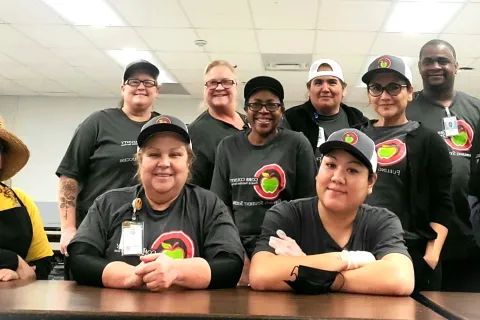INSAR releases first policy brief, focuses on employment and autism
May 8, 2019Last week, the International Society for Autism Research released its first ever policy brief, Getting People with Autism to Work.
"It is clear that improving the employment opportunities and outcomes for autistic adolescents and adults will have significant benefits to workplaces, the economy, the community and individuals living with autism," the brief states.
The authors sought to use a review of existing scientific literature on the topic; a survey of adults with autism, family members and employers; and in-person interviews with a variety of stakeholders to better understand the challenges and policy implications around this important issue.
Some of the many conclusions reached include:
- There is a lack of research examining the role of environmental supports in maintaining people with autism in the workplace. Preferential to the current focus on changing autism symptoms is providing resources and services, helping those with different abilities to succeed in the workplace by removing barriers and use of facilitators in the environment.
- Matching the interests, skills and strengths of an autistic person with a particular job will improve outcomes. Many autistic adults bring talents, including focused attention and dedication to accuracy, skills essential for certain positions. A poor match will likely lead to failure for the employee and disappointment for the employer.
- The issue of disclosure remains controversial. Disclosure should consider the unique needs of autistic employees, and individually weigh the perceived negative consequences (including stigma) and benefits of disclosing a diagnosis.
The brief then offers recommendations on what you can do now to help expand employment opportunities for adults with autism. They include:
- Environmental supports in the workplace are essential, including modifying the task format and the work environment, such as lighting and sound.
- Employers require better metrics as to what strategies work and do not work, with ready access to resources.
- On-the-job experience is key to success. Expanding work experience programs is critical to improving employment outcomes.
- The process needs to start early in adolescence to build “pathways” to employment.
Autism Speaks provided input to the policy brief and also helped to disseminate the survey in the United States.








